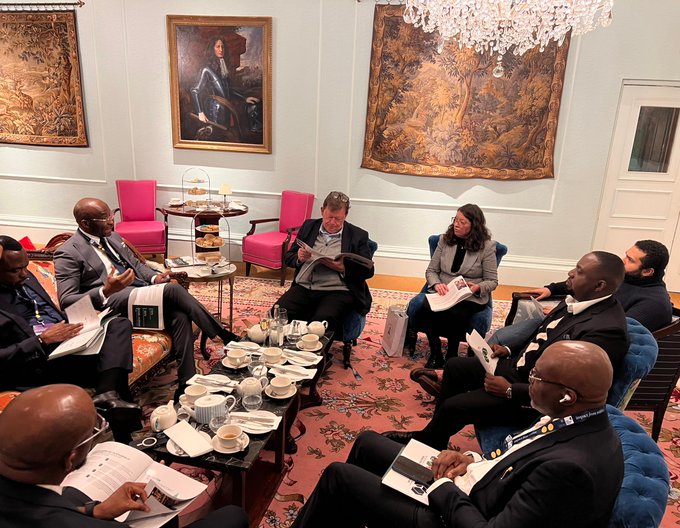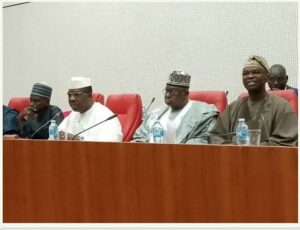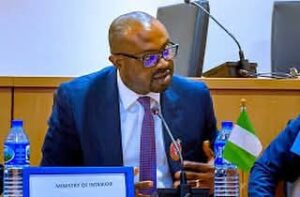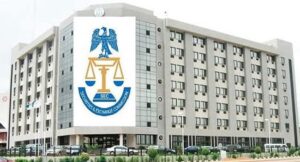$10 billion saved from subsidy removal, Nigeria records economic gains – Deputy Speaker Kalu

Nigeria has saved $10 billion following the removal of fuel subsidies in 2023, according to the Deputy Speaker of the House of Representatives, Hon. Benjamin Okezie Kalu. Speaking at a meeting with investors and scholars at Oxford University in London, Kalu highlighted the economic progress achieved under President Bola Ahmed Tinubu’s administration. Kalu noted that dollar remittances from the Nigerian diaspora increased by 22% in 2024, reaching $28 billion. He attributed these gains to policy reforms that redirected funds from subsidies to critical sectors such as healthcare, education, and infrastructure.
Accompanied by several lawmakers, including Hon. Chris Nkwonta and Hon. Ginger Onwusibe, Kalu engaged with a team led by Professor Peter Claus of Pembroke College, Oxford. The dialogue focused on politics, security, economy, and development, showcasing Nigeria’s strides in governance and growth.
Economic Highlights:
A 3.19% increase in GDP in Q2 2024.
$6.4 billion in Foreign Direct Investment (FDI) in 2024.
The passage and funding of the South-East Development Commission Act.
Launch of the National Digital Economy Policy (2023–2030), targeting 70% internet penetration by 2027.
Over £300 million secured for tech innovation under the Nigeria Start-Up Act in 2024.
Security and Development Milestones:
A 47% reduction in banditry incidents in the North-West between Q2 2023 and Q4 2024.
The capture of 1,500 insurgents in the Lake Chad Basin through regional collaboration.
Kalu emphasized the Tinubu administration’s commitment to enhancing legislative and electoral integrity, fostering youth political engagement, and addressing regional disparities through development commissions.
Global Collaborations and Investment Appeal
Kalu urged international investors to explore opportunities in Nigeria, particularly in renewable energy and technology. Zimbabwean investor Dr. Nwirivu Rupara expressed interest in Nigeria’s green metals, while Engr. Jackson Offor highlighted the potential of the energy sector.
The discussions concluded with a consensus to host the next meeting in Nigeria, focusing on maximizing the African Continental Free Trade Area Agreement (AfCFTA) to boost intra-African trade.






